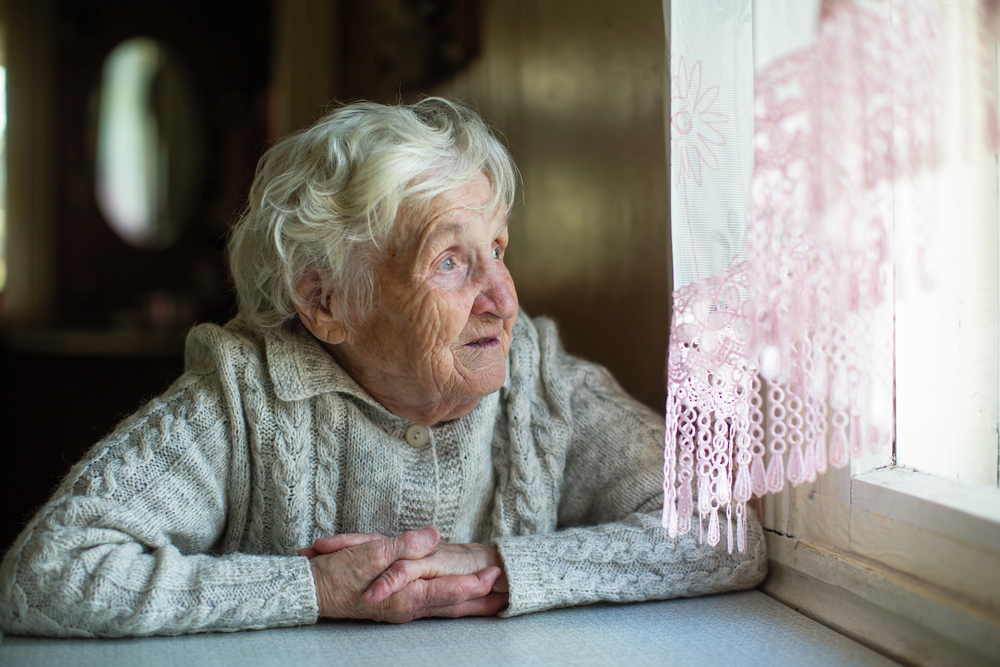
Did you know that almost one in every three adults experiences loneliness, the CDC reports? Loneliness can hit at any age, but it tends to creep up on women as they navigate midlife and beyond. The warnings aren’t always subtle, and sometimes what appears to be independence or being busy is actually a subtle plea for connection.
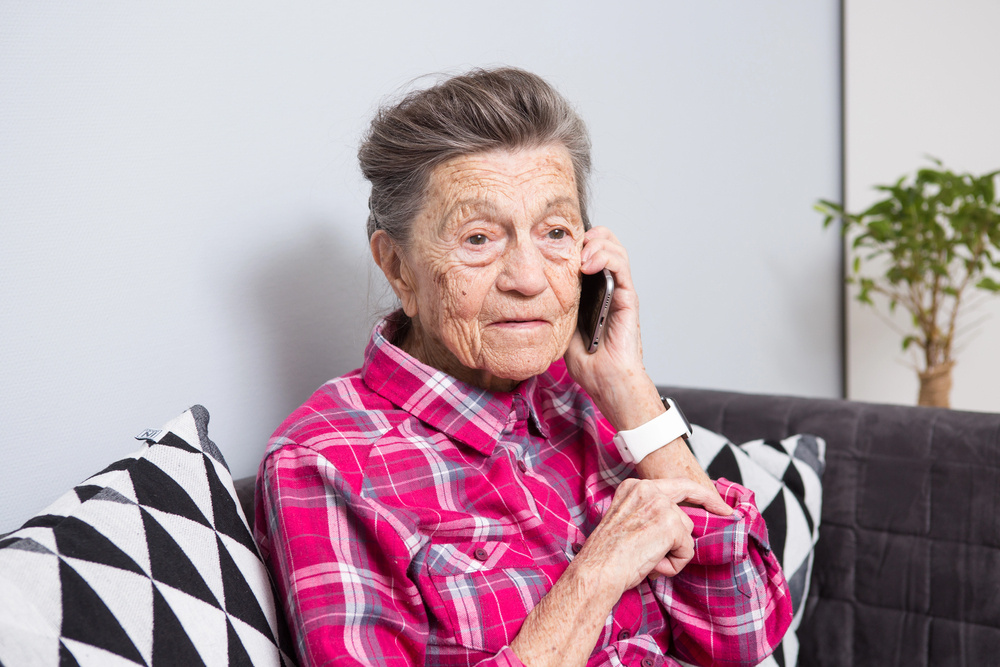
Aging involves a whirlwind of change children leave the nest, careers slow down, and social networks change. All of these can cause women to feel disconnected from things much deeper than loneliness. As Dr. Ehab Youssef, a psychology expert in transformative therapy, puts it, “Loneliness in aging isn’t just about being alone it’s about being disconnected.” Ahead, learn the insidious behaviors that typically hint at increasing loneliness in older women, as well as science-based means to reconnect for yourself or someone special.
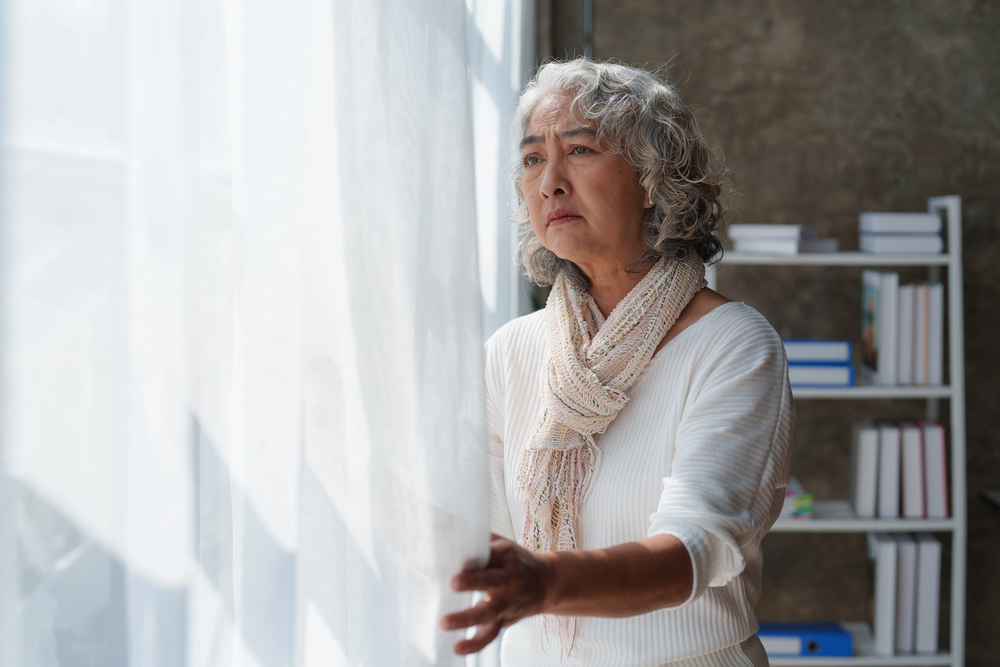
1. Turning Down Invitations Even Ones They Used to Love
Among the first indications of loneliness in aging women is a soft withdrawal from social activity. Dr. Youssef observes that women begin to say ‘no’ to parties they had previously attended, citing excuses such as being ‘too tired’ or ‘too busy.’ Behind these masks, however, there can be a fear of getting back together or an expectation of rejection. This voluntary solitude may be easy to overlook, particularly when it’s disguised as busyness or efficiency. Years of missed events can pile up, making it increasingly difficult to reconnect and catch up.

2. Getting Caught Up in ‘Busy Work’ But Forgetting Genuine Connection
Packing days with tasks, errands, or mindless scrolling on Netflix may appear busy from the outside. But as Dr. Youssef suggests, the ‘busy work’ can end up being a distraction from the deeper connection required. When women trade substance for perpetual lists, it’s usually an understated indicator that loneliness is gaining ground. The catch? The busier they are, the more time they take away from the relationships that can make them feel seen and supported.
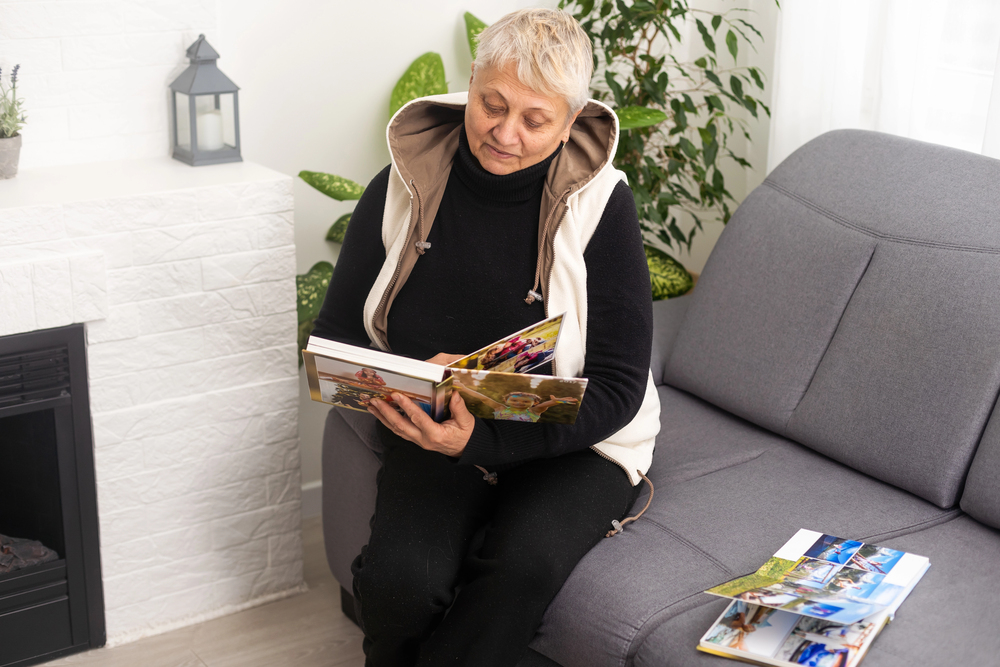
3. Dwelling in the Past Nostalgia Instead of New Things
Nostalgia is natural about ‘the good ol’ days,’ but when thoughts and talk are more about what is lost rather than what can be, it may be a warning sign of loneliness. Dr. Youssef reports, ‘I’ve heard women say, ‘I miss how things used to be,’ but when I ask what they’re doing to rebuild connections, they pause.’ Nostalgia is comforting, but it also can be a hindrance to creating new memories and friendships.
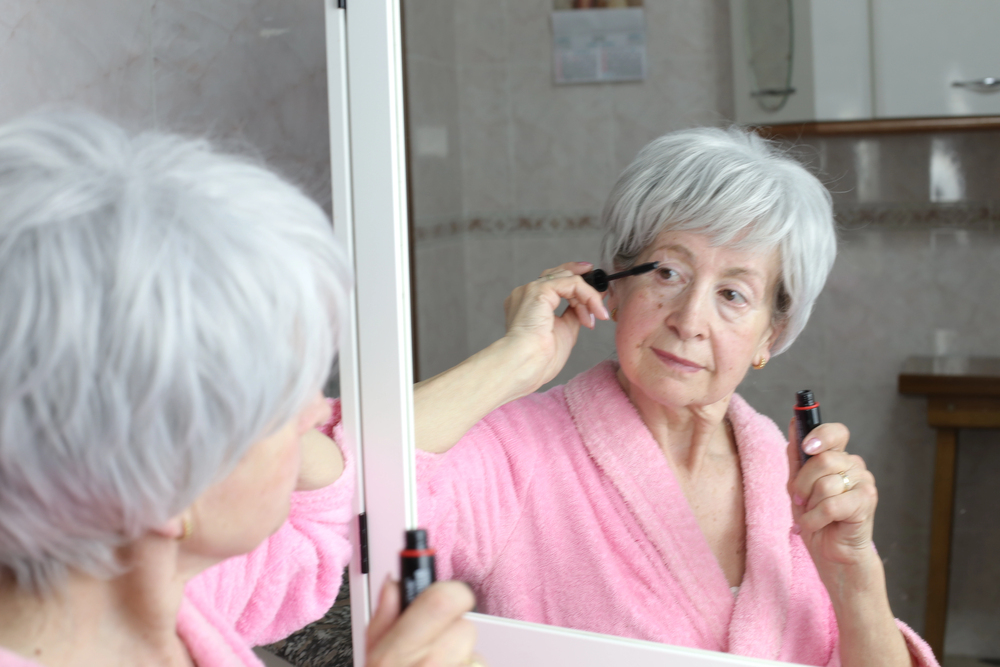
4. Letting Go of Self-Care Rituals
A slow abandonment of self-care habits such as forgoing hair cuts, makeup, or hobbies that are enjoyed can be a silent warning sign. Chief Clinical Officer at Recovery.com Dr. Malasri Chaudhery-Malgeri comments, ‘[Loneliness] manifests in the abandonment of self-care habits that once made her happy.’ Most of these unnoticed shifts go unremarked by others, but they’re key indicators that someone might be feeling isolated from themselves and the rest of the world.

5. Replacing Face Time with Screen Time
Even getting connected online may be a lifeline, but spending too much time in the digital world can actually enhance feelings of loneliness. According to Dr. Crystal Saidi, ‘Excessive use of social media may be a result of loneliness, leading some women to replace real-life interactions with online ones.’ It’s a precarious balance online groups can provide support, but they can’t duplicate the touch of real-time connection.

6. Getting Too Self-Reliant And Afraid to Ask for Assistance
Self-reliance is usually admired, but when it becomes a refusal to seek assistance, it can perpetuate loneliness. Dr. Saidi says, ‘If they are lonely, they might not want to ask for help or help from others, so they’re perpetuating the isolation and loneliness.’ This may lead to a cycle: the more one demands to do everything single-handedly, the more difficult it is to ask and receive help, even when needed the most.

7. The Health Hazards: It’s More Than Just Feeling Blue
Loneliness is not only an emotional condition it’s a health hazard. Research has confirmed that loneliness and social isolation contribute to a 29% increased risk of heart disease, 32% increased risk of stroke, and 50% increased risk of dementia. The effect is particularly strong for women, who, as a result of a 2023 national survey, are more likely than men to say they feel lonely. The effect on mental health is also substantial: lonely women are more than three times as likely to experience frequent mental distress and nearly two and a half times as likely to have a history of depression.
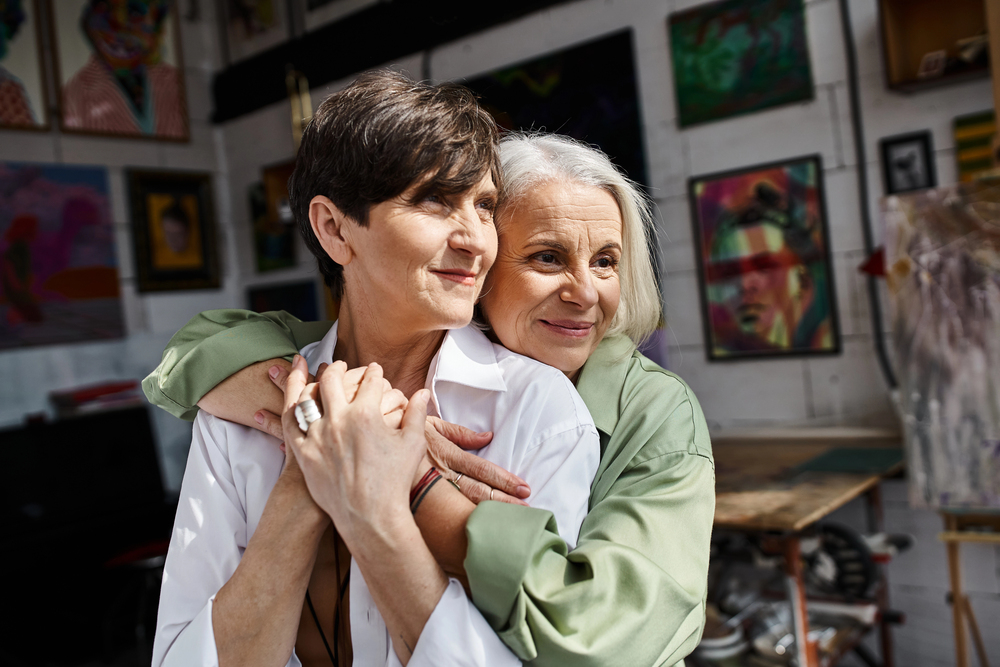
Spotting these subtle behaviors isn’t about labeling or blaming it’s about opening the door to deeper connection and support. The good news? Loneliness isn’t a life sentence. As Dr. Youssef reminds us, ‘You’re not alone and you’re not stuck.’ Simple steps like extending a specific invitation, joining a group activity, or gently encouraging a loved one to reconnect can make all the difference. By noticing these signs early, women and their families can act to foster relationships, regain the joy, and safeguard both emotional and physical health as the years go by.


